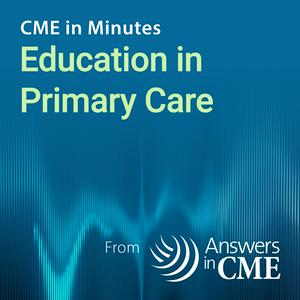No advertising. More Prime.
No advertising. More Prime.
No advertising. More Prime.
No advertising. More Prime.
The podcast starts in
- 0 sec.
Rethinking HER2 Status: Practical Testing Considerations for HER2-Low and -Ultralow Advanced Breast Cancer
The Psoriatic Disease Playbook: Advancing Care With Novel Oral Therapies in the Evolving PsA Landscape
A Shared Vision on DME Management: Improving Outcomes With Long-Acting Anti-VEGF Agents
Breaking Old Habits in Lung Cancer Detection: Expanding Screening Efforts Among At-Risk Populations
ADC-elerating Progress: Targeting TROP2 in Triple-Negative Breast Cancer to Improve Front-Line Care



CME in Minutes: Education in Primary Care